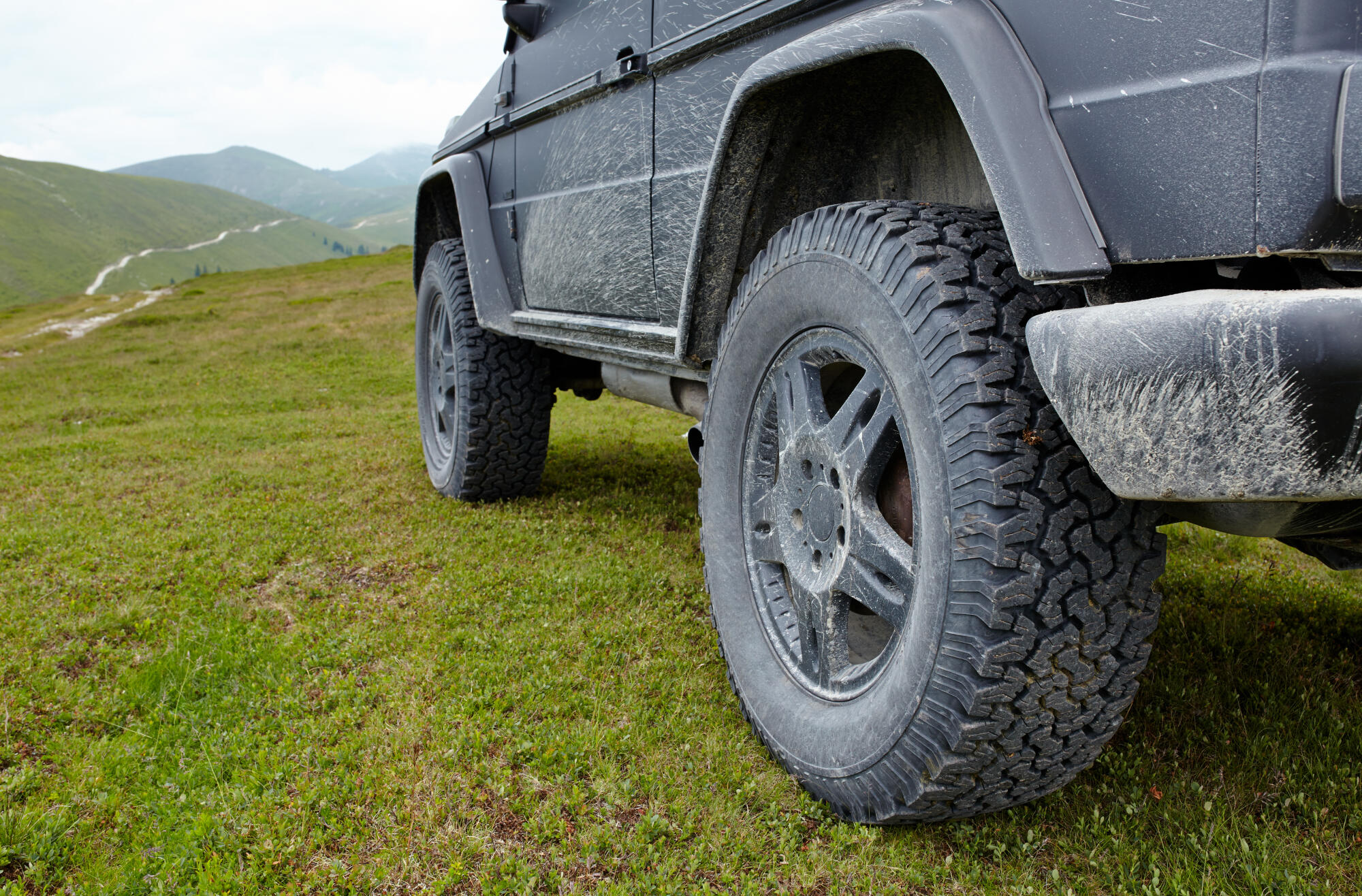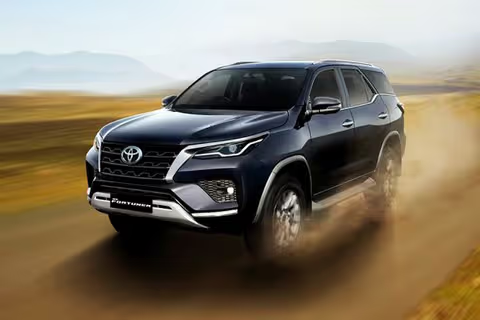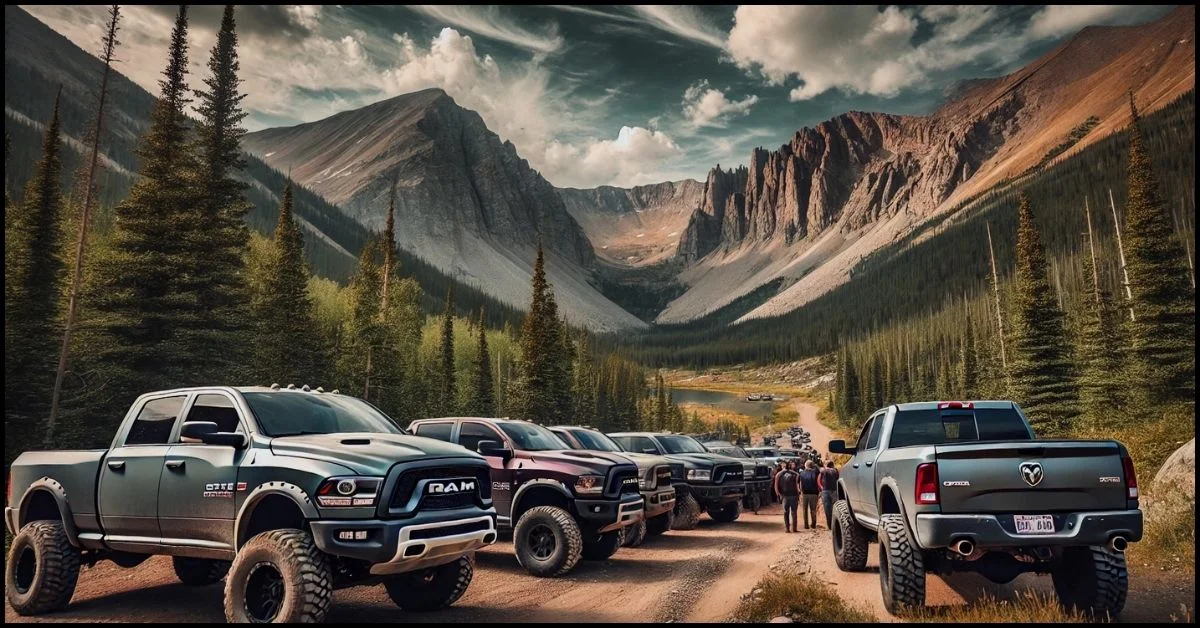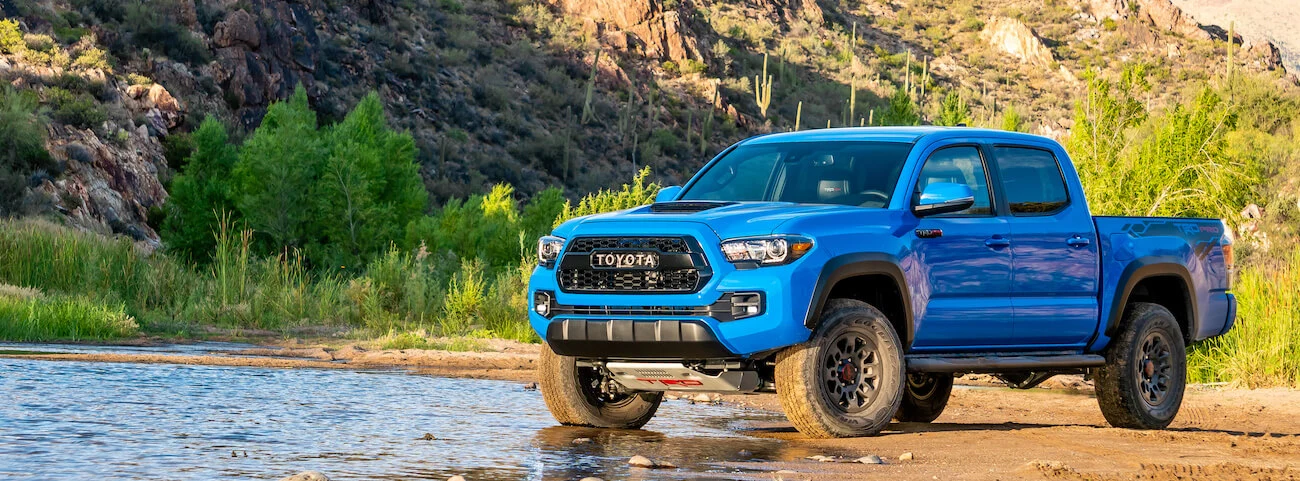
How to Choose the Best Tow Hitch for Your Vehicle
Have you ever wondered how to select the best tow hitch for your vehicle among the myriad of choices? This blog post will simplify the process for you.
We will explore the different types of tow hitches, their specific uses, and the key factors to consider when making your selection. By the end, you’ll be equipped with all the knowledge you need to confidently choose the best tow hitch, ensuring a safe and efficient towing experience.
Understanding Tow Hitches
Tow hitches come in various types, each designed for specific towing needs such as trailers, boats, or campers. Understanding the weight capacity and compatibility of each type is crucial to ensure safe and effective towing.
What is a Tow Hitch?
A tow hitch is a device attached to the chassis of your vehicle. It allows you to connect trailers, boats, or other vehicles. Think of it as the bridge that links your vehicle to whatever you’re towing. Simple, right?
Types of Tow Hitches
There are several types of tow hitches, each designed for different towing needs. Here are the most common ones:
Receiver Hitch
This is the most versatile type and comes in different classes. It’s great for towing small trailers or bike racks.
Fifth Wheel Hitch
Perfect for heavy-duty towing, like RVs. It’s mounted in the bed of a pickup truck.
Gooseneck Hitch
Similar to the fifth wheel but more compact. Often used for horse trailers or commercial use.
Weight Distribution Hitch
Helps distribute the weight evenly across your vehicle and trailer. It is ideal for heavy loads.
Know Your Vehicle
Before choosing a tow hitch, you need to know your vehicle’s towing capacity. This information can usually be found in your vehicle’s manual. Overloading your vehicle can be dangerous and cause damage.
Choosing the Right Tow Hitch
Selecting the right tow hitch involves assessing your specific towing requirements and matching them with your vehicle’s capabilities. Consider factors like the type of load, frequency of use, and ease of installation to make an informed decision.
Assess Your Towing Needs
First things first, think about what you’ll be towing. Is it a small trailer, a boat, or maybe an RV? Knowing this will help you narrow down your options. Here’s a quick guide:
Light Loads
If you’re towing bikes or a small trailer, a Class I receiver hitch will do the job. A Class II receiver hitch will also suffice.
Medium Loads
For medium-sized trailers or boats, choose a Class III receiver hitch. Alternatively, opt for a Class IV receiver hitch.
Heavy Loads
If you’re towing something heavy like an RV, look at fifth-wheel hitches. You might also consider gooseneck hitches.
Think About Installation
Some tow hitches are easy to install yourself, while others might require professional help. Receiver hitches are generally straightforward, but the fifth wheel and gooseneck hitches can be more complex. If you’re not comfortable with installation, it might be worth getting it done professionally.
Features to Look For
When selecting a tow hitch, look for features like corrosion resistance, weight capacity labels, and ease of attachment and detachment. These features ensure longevity, safety, and convenience during your towing activities.
Durability
You want a tow hitch that will last. Look for hitches made from high-quality materials like steel. Check reviews to see if other users are happy with the hitch’s durability.
Ease of Use
The best tow hitch should be easy to use. Quick-release mechanisms and easy-to-reach hitch points can make a big difference. You don’t want to struggle every time you hook up your trailer.
Safety Features
Safety should be a top priority. Look for hitches with features like anti-sway bars and weight distribution systems. These can help keep your trailer stable and prevent accidents.
Compatibility
Make sure the hitch you choose is compatible with your vehicle. Double-check the hitch’s specifications and compare them with your vehicle’s details. Some hitches are designed for specific makes and models.
Cost Considerations
Tow hitches come in a range of prices. While it’s tempting to go for the cheapest option, remember that you often get what you pay for. Investing in a high-quality hitch can save you money in the long run by preventing damage to your vehicle and trailer.
Budget-Friendly Options
If you’re on a tight budget, look for sales or discounts. Sometimes you can find great deals online or at local auto shops. Just make sure you’re not sacrificing quality for cost.
High-End Hitches
For those who tow frequently or have heavy loads, it might be worth investing in a high-end hitch. These often come with better materials, more features, and longer warranties.
Maintenance Tips
Proper maintenance of your tow hitch ensures its longevity and safety. Regularly inspect it for signs of wear and rust, and make sure to lubricate moving parts as needed.
Regular Inspections
Check for any signs of wear or damage. Look at the hitch, bolts, and connections.
Clean and Lubricate
Keep your hitch clean and apply lubricant to the moving parts regularly. This simple maintenance step can prevent rust buildup, ensure smooth operation, and extend the lifespan of your hitch. Additionally, inspect for any signs of wear or damage to address potential issues early.
Store Properly
If you’re not using your hitch for a while, be sure to store it in a dry place. This can prevent rust and corrosion, thereby extending its lifespan. Regularly inspecting and cleaning your hitch before storage can also help maintain its condition.
Towing Safety
Understanding towing safety is crucial. Make sure you know the best practices for safe towing. This includes things like proper weight distribution, securing your load, and being aware of how towing affects your vehicle’s handling. Read more about towing safety to ensure you’re well-prepared.
Finding the Best Tow Hitch for Your Needs
Selecting the best tow hitch involves understanding your specific needs, and your vehicle’s capabilities, and prioritizing safety and quality. By thoroughly researching and considering factors such as load type, installation ease, and key features, you can confidently choose the best tow hitch for your adventures.
Regular maintenance and a focus on durable, user-friendly hitches will ensure a smooth and safe towing experience. Armed with this knowledge, you’re ready to find the best tow hitch and hit the road with confidence. Happy towing!
Want to learn more? Don’t forget to explore our other articles before you leave!








